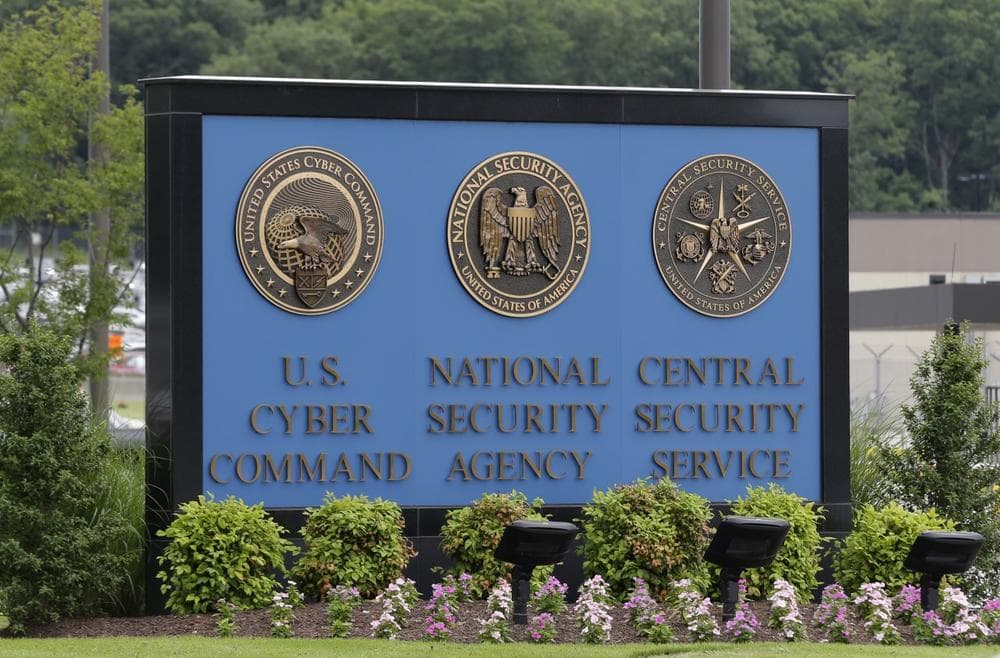Advertisement
Expert: To Make Secrets More Secure, Have Fewer Of Them
Resume
One irony of the government's spying program being leaked is that there will likely be more secrecy and tighter security for that secret information.
Today, reams of data can be ferried out of an office on a thumb drive, whereas back in the 1970s, Daniel Ellsberg carried the Pentagon Papers in a briefcase and spent a night photocopying them.
Bill Leonard, who oversaw information security at the National Archives, argues that over-classification of information makes protecting it harder. Ninety percent of classified information should not be classified, he said.
"Classification is a critical national security tool," Leonard said, "But it's only effective when it's used with precision."
The Wikileaks "data dump" created "a veritable laboratory setting," Leonard said, to assess which information can and cannot harm us.
Most of the information from Wikileaks didn't create any major national security problems, Leonard said, showing the need to reconsider what should be classified and what shouldn't.
Paraphrasing Supreme Court Justice Potter Stewart, he said, "When everything is a secret, nothing is a secret."
Guest:
- Bill Leonard, former director of the Information Security Oversight Office at the National Archives.
This segment aired on June 11, 2013.